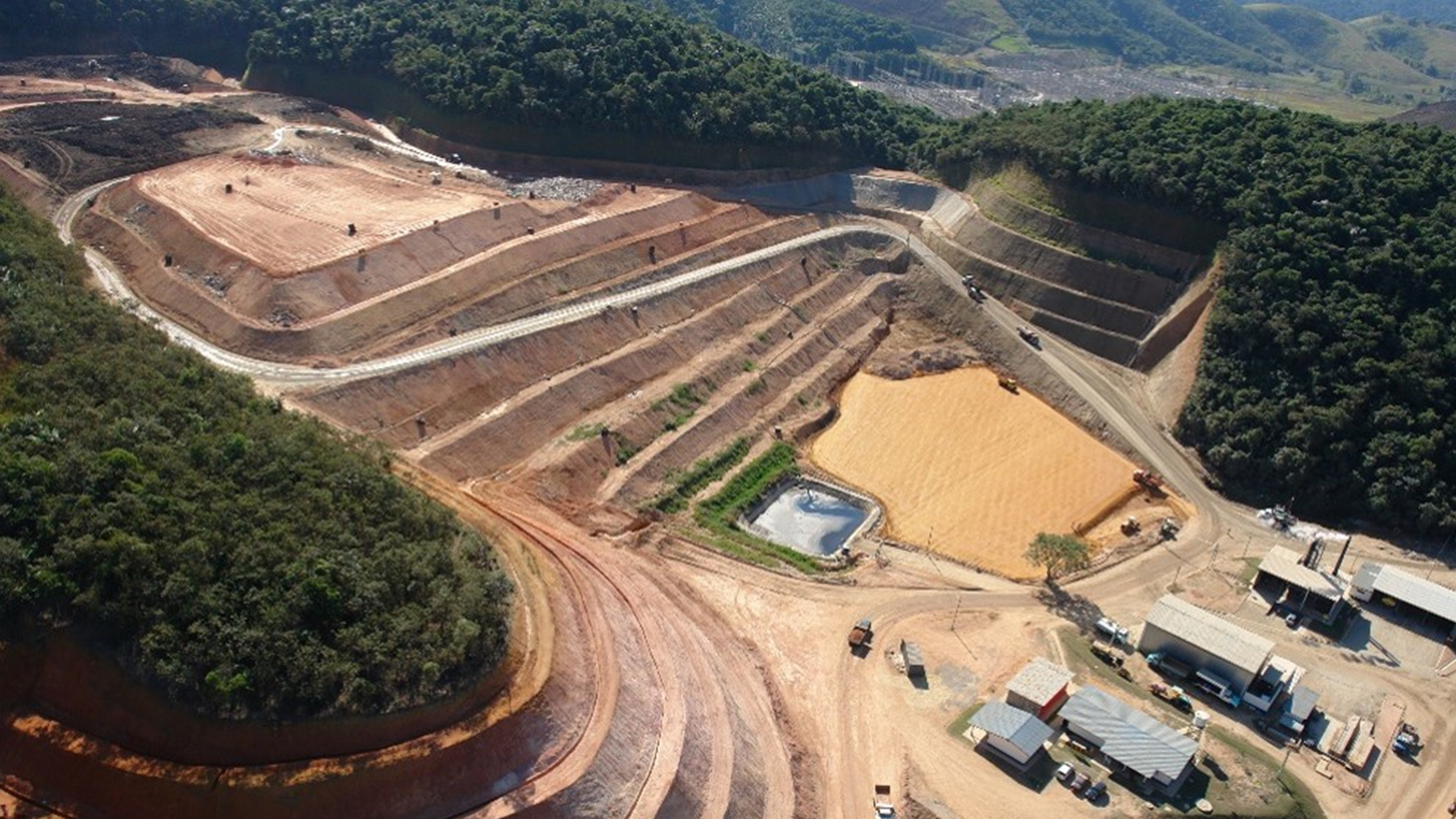WASHINGTON D.C., July 17, 2015 - Right now, there are not enough incentives for the managers of farms, or wastewater treatment plants, or the owners of landfills in developing countries, to capture the methane gas produced by their businesses. Methane is a very common, highly potent greenhouse gas. Containing methane is a particularly important and relatively quick way to reduce greenhouse gas emissions.
If a business manager or owner in a developing country, captures the methane gas created by his landfill, instead of releasing it into the atmosphere, the resulting emission reductions could generate carbon credits. But today, the price of a carbon credit is so low that any manager can’t even cover the operating and maintenance cost of capturing methane. As a result, a pool of 1,200 identified similar operations in developing countries are at risk of stopping capturing methane. Most of these projects are in Brazil, India, Indonesia, Malaysia, Mexico and Thailand.
The Pilot Auction Facility for Methane and Climate Change Mitigation (PAF) provides value to landfill owners and others whose businesses produce methane as a by-product. The first pilot auction was held online on July 15, 2015, auctioning off price guarantees, or put options. Twenty eight 28 companies competed to win the price guarantees, and 12 won, for a total volume of 8.7 million tons of carbon dioxide equivalent in emission reductions to be reduced over 5 years. The price per ton was $2.40.
This first pilot auction addressed the emissions of a small group of the estimated 1,200 projects, but the aim, in the fairly near future, is to reach many more, using larger auctions that target other greenhouse gasses. In the short term, the World Bank will continue testing this innovative mechanism by organizing additional pilot auctions.
Twenty-Five Times as Potent as Carbon Dioxide
As a highly potent greenhouse gas, methane has a global warming potential of about 25 times that of CO2. Timely action to abate methane will have an impact on global warming. Communities too will benefit from reduced asthma-induced air pollution and increased crop yields. Methane, however, has some benefits. It is also the major constituent of natural gas and can be burned for cooking or electricity, contributing to increased access to clean energy.
By providing a floor price, or a price guarantee, for captured methane, the PAF offers private investors a financial incentive to fund carbon capture. Using an auction like this maximizes the impact of public funds already dedicated to slowing climate change. Additionally, as a pay-for-performance tool, the PAF will pay investors after independent auditors have verified emission reductions on the ground.
Those who win in the PAF’s auctions buy a special type of World Bank bond that offers the financial equivalent of a put option for the sale of future carbon credits. A put option is a contract that gives its owner the right, but not the obligation, to sell a commodity at a fixed price. The auction winners can then use or trade their bonds to be used by other projects, and they can even let them expire should the market price for carbon credits rebound.

